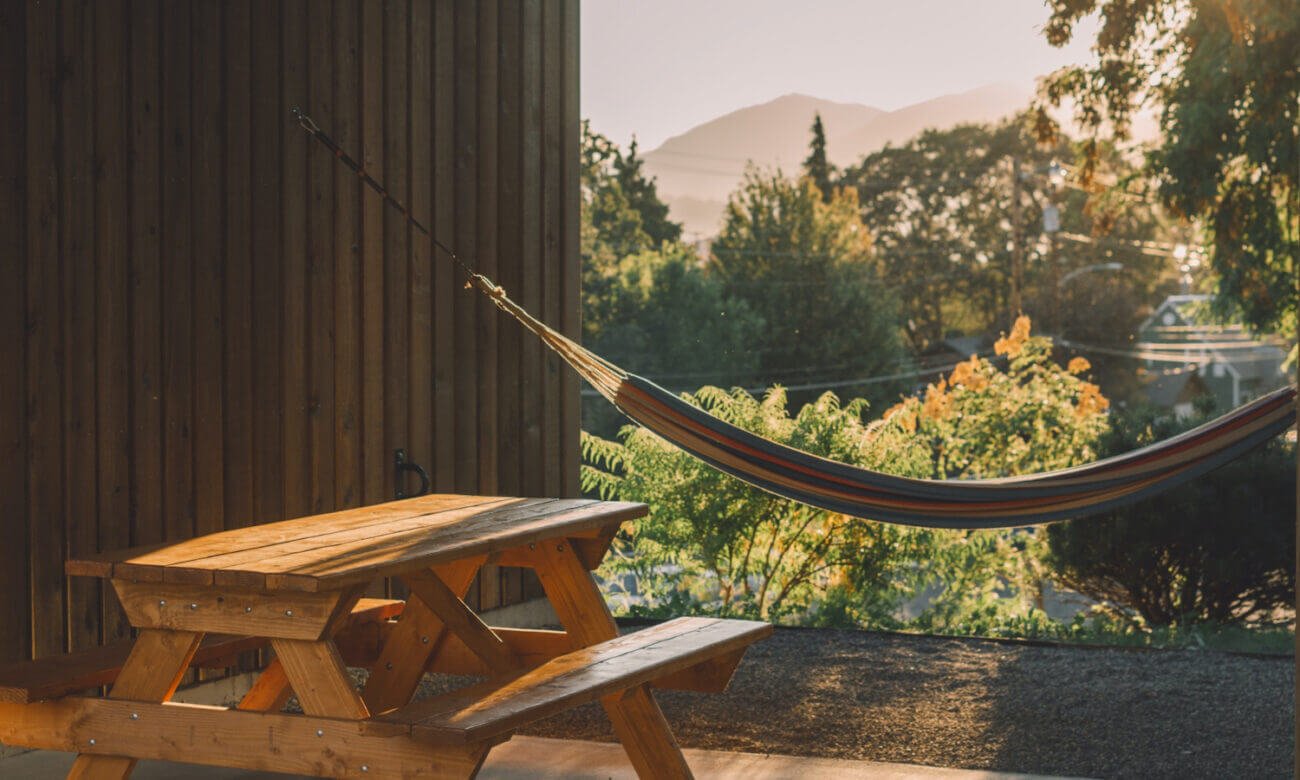Sometimes, emotions are the motivation for buying a vacation property. I like to evaluate a property purchase from a financial point of view—and here is how.
The costs of buying a vacation property
Say a property’s purchase price is $500,000. Whether you use cash, a mortgage/home equity line of credit, or a combination of the two, there are other costs to consider.
If you purchase with cash that you could otherwise invest for a 4.5% return (to use a conservative assumption), there is an opportunity cost of not investing that money or leaving it invested. If you borrow money, there may be an interest cost of 4.5%. So, to keep it simple, we will assume an opportunity or financing cost of 4.5%.
Property taxes, utilities, insurance, condo fees, and maintenance could easily add another 2% to 4% per year in costs. Those costs could be even higher for an older cottage or for a property with amenities and high fees, but we will assume 3% per year for discussion purposes.
So far, our costs are up to 7.5% per year on a $500,000 property, which works out to $37,500 per year for our notional vacation property.
Expected returns on vacation properties
What about the financial return from owning the property? Canadian real estate prices have risen by about 8.2% per year for the 10 years ending Dec. 31, 2021. Over the past 30 years, the increase is about 5.8%. Some cities have seen much higher growth rates, and others much lower. Prices have also cooled off significantly in 2022.
Over the long run, in the U.S., real estate prices have risen just slightly more than inflation. In fact, since 1890, U.S. real estate has increased by just 0.4% per year over the rate of inflation. Given the Bank of Canada’s 2% inflation target, despite a recent spike in the cost of living, I would argue a more reasonable long-term growth rate for real estate is 2% to 4%.
So, we will assume the value of our notional $500,000 property grows at 3% per year; in the first year, that would be $15,000. That means the net cost in year one of owning the property is 7.5% (or $37,500) minus 3% (or $15,000), totalling 4.5% (or $22,500).


